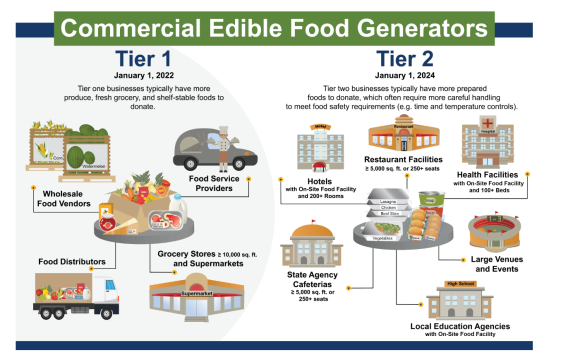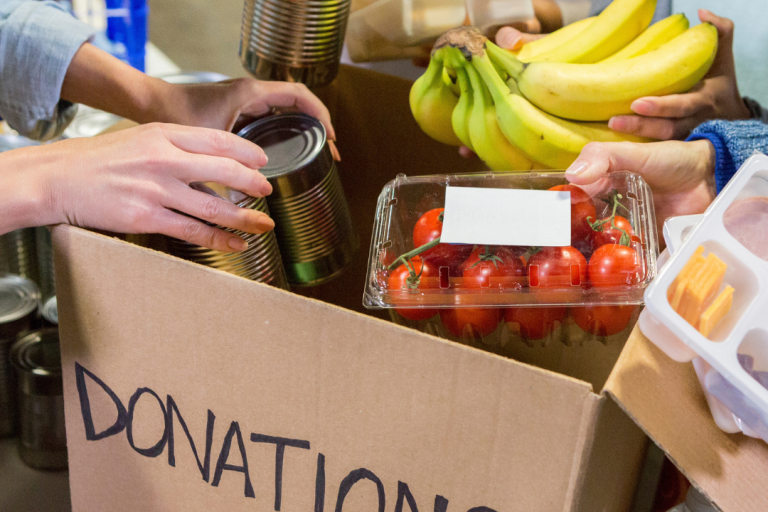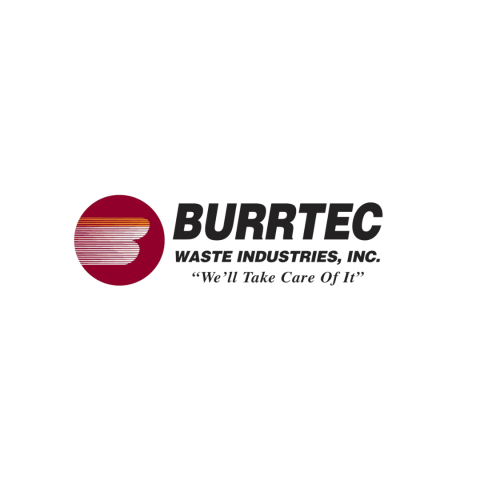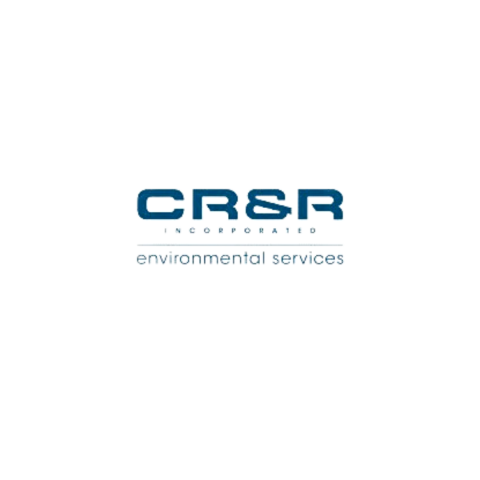Mandatory Commercial Organics Recycling
Organic wastes are recyclable through composting and mulching, and through anaerobic digestion, which can produce renewable energy. In an effort to achieve California's recycling and greenhouse gas emission goals, the State has enacted Mandatory Commercial Organics Recycling regulations.
Organic waste includes the following material: green waste (landscape and pruning waste), food waste (including fats, oils, grease, and food-soiled paper waste that is mixed in with food waste), and nonhazardous wood waste.
Green waste refers to waste resulting from maintenance or removal of vegetation, including but not limited to: grass, brush, branches, leaves, flowers, shrubs and small trees.
Wood waste refers to nonhazardous wood waste such as untreated and non-laminated lumber.
Food waste for business purposes includes food products which are off-specification, outdated, or recalled commercial products, including food, beverages, and food products in original individual consumer packaging. These items may include canned foods, beer, wine, soft drinks, fruit juices, milk, yogurt, ice cream, etc. Food waste also includes food-soiled paper that are typically mixed in with food waste include uncoated products such as napkins, towels, and tissues, paper plates, paper cups, fast food wrappers, egg cartons, used pizza boxes, wax-coated cardboard, and other similar paper or compostable packaging.
Fighting Climate Change by Recycling Organic Waste
What is SB 1383?
In September 2016, SB 1383 (Lara, Chapter 395, Statutes of 2016) was signed into law and established methane emissions reduction targets in a statewide effort to reduce short-lived climate pollutants (SLCP).
SB 1383 establishes the following targets:
- Reduce organic waste disposal 75% by 2025
- Recover at least 20% of currently disposed of surplus edible food by 2025
Why is SB 1383 important?
Methane, a potent greenhouse gas, is emitted into the air as organic material decomposes in landfills. Methane emissions contribute to global climate change, poor air quality, and public health concerns. Moreover, tons of edible food is landfilled every year while 1 in 5 Californians remain food insecure (lack of access to enough food). Overall, SB 1383 helps California mitigate climate change and address food insecurity by diverting organic waste from landfills.
What is considered organic waste?
According to CalRecycle, organic waste includes food scraps, green material, landscape and pruning waste, organic textiles and carpets, lumber, wood, paper products, printing and writing paper, cardboard, manure, biosolids, digestate, and sludges. Acceptable materials will vary by jurisdiction. Check your waste hauler's organics recycling guidelines to avoid contamination!

How will SB 1383 affect me as a business?
Effective January 1, 2022, all businesses in Riverside County must be subscribed to an organic recycling program or self-haul to an authorized facility. Additionally, Tier 1 and Tier 2 food generators must comply with edible food donation requirements.

Service rates may be affected. Contact your local jurisdiction for details.
Unincorporated Areas of Riverside County
Cities Within Riverside County
How will my waste hauler collect organics and food waste?
Contact your local waste hauler for details.
What is the procedure for applying for a waiver?
Waivers and exemptions are allowed by state regulation and are handled through Riverside County Ordinance 745 and managed by Riverside County Department of Environmental Health.
Possible waivers include self-haul, minimal waste generation, & physical space limitations.
NOTE: Riverside County Department of Environmental Health oversees SB 1383 waivers for the unincorporated areas of Riverside County.
Food Waste Prevention and Recovery
To ensure that the maximum amount of edible food is recovered, SB 1383 requires mandated food donors to establish contracts or written agreements with food recovery organizations and services. The law also requires the food donors to maintain records of their food donation activities.







